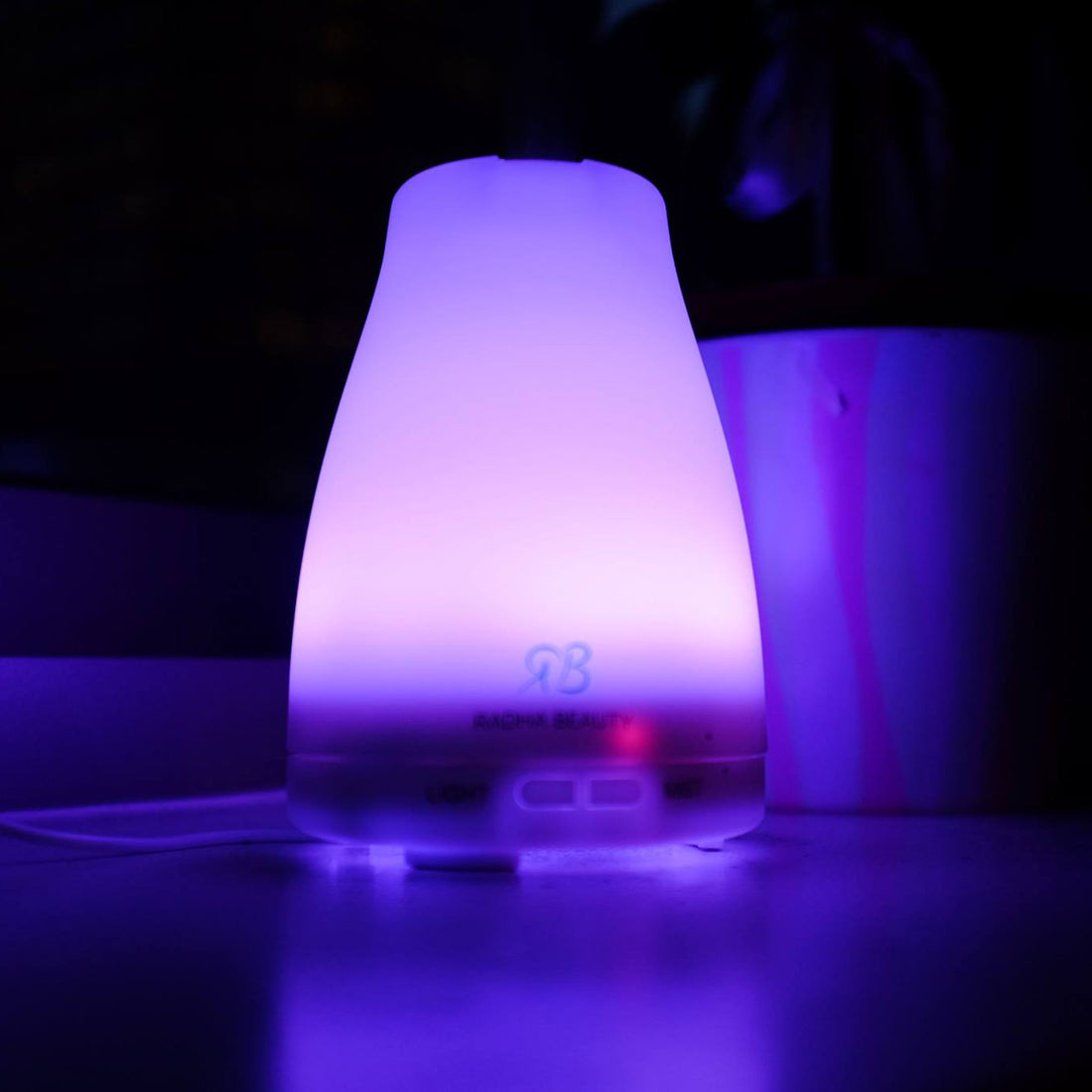
Are Essential Oils Safe to Diffuse?
Essential oil safety can be confusing, especially with the industry cluttered with people who might not know the correct way to use them. “Natural” does not always mean perfectly safe. Mother Nature made volcanoes just the same way she made flowers! The question I see most often is: “Is diffusing essential oils safe for your lungs?”
The quick and easy answer is yes. Essential oils have been diffused for thousands of years by millions of people safely. They can help you sleep better, breathe better, relax more, or focus on a difficult project. They can be used in the home or at work. There are, however, many factors that can make a difference in the safety of diffusing essential oils such as proper dilution, the type of diffuser, time limits, and existing health conditions.
For example, do you have existing health conditions, especially ones like asthma or COPD? If you do, use essential oils with caution and consult a medical professional before use. This doesn’t mean that you cannot benefit from essential oils, though. Many people appreciate the natural benefits of essential oils to help manage their symptoms.
Proper Dilution
Although essential oils are natural, they are still a very powerful substance. If you’re not sure about how you’re going to react to an essential oil, we suggest trying a 1% dilution at first. Even when you’re properly introduced, you should never use a dilution that is over 3%. For a 160mL diffuser, you can typically start with just 3-5 drops of essential oil.
Types of Diffusers
Not every type of diffuser works the same way. We recommend using only ultrasonic or nebulizing essential oil diffusers. Ultrasonic diffusers use sound waves to disperse the oils into water vapor. Nebulizing essential oils use a small air stream to blow the essential oils out into a fine mist without using water vapor. Because nebulizing diffusers do not dilute the essential oils with water, they should be used carefully and sparingly. We do NOT recommend heating your essential oils in a wax melting pot or over a candle diffuser. This changes the natural compounds of the oils and may release harmful toxins.
Time Limits
Diffusers are not meant to be used for long periods of time. Your body can’t break down an overload of essential oils and needs time to do so properly. Diffusers should typically be used for 10-15 minutes. For certain diffusers with intermittent settings, where the mist goes between turning on and shutting off, it may be used 30-60 minutes. Generally, you can use a diffuser one to three times a day.
This means that sleeping with your diffuser on is never a good idea. Instead, start diffusing the essential oils about 30 minutes before bed. By the time you hit your 30-minute limit, your bedroom should be pleasantly filled with the relaxing aromas. Shut off your diffuser before falling asleep but allow the scent to help pull you into your dreams.
For the Chronically Ill, Children & Pregnant Women
The chronically ill, children and pregnant women should always use the lowest dilution (1%) possible when using essential oils. Avoid using them in the first trimester of pregnancy and use essential oils that have been deemed safe for pregnant women. Avoid eucalyptus, rosemary, and tea tree oils.
Because essential oils do affect your body, you need to tell your doctor about their use to make sure that they won’t interfere with any medications. Be smart – use your essential oil diffuser in short periods of time with a low dilution.